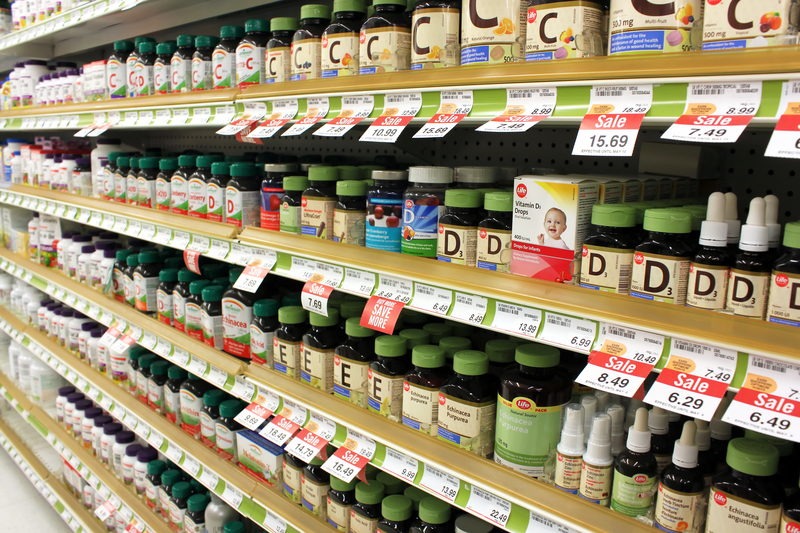If an emergency occurs, you may not be able to get to a doctor for a long period of time. This means that you need to remain as healthy as possible. Eating a balanced diet will help, but if that isn’t possible, then you need to reach for those stored bottles of multivitamins and various individual minerals. After all, you don’t want to end up with rickets or scurvy, both things that could be prevented with plenty of vitamin D, calcium, and vitamin C.
You May Not Be Able To Get Balanced Meals
Even if your pantry is filled with things like canned meats, vegetables, beans, and so on, you may find your diet lacking. While canned fruits are good, there’s nothing quite like fresh fruit. These fresh versions have many more vitamins and minerals in them than the canned versions. The same is true for all canned and processed goods. On top of this, you might find yourself lacking dairy items, even with a plethora of canned or powdered milk. The truth is, it’s hard to eat a balanced diet when you’re dealing with many different emergency-related issues. This is why it’s good to supplement your diet with a multivitamin or two.
Suggested Article: “Milk in Your Survival Pantry?”
But Some Doctors Say That Vitamins Are Useless
While many medical professionals remain skeptical about the efficacy of bottled vitamins and minerals, most agree that taking them doesn’t hurt. They also say that if you don’t eat a balanced diet, the vitamins may actually help. In fact, studies have shown that if someone with clinical depression takes a daily multivitamin along with his or her depression medications, they feel better than they would just taking the medications alone. This proves that multivitamins and single mineral supplements do work.
How to Store Your Vitamins
Many bottles of vitamins have expiration dates on them but will remain good for some time after that. You should leave the vitamins in their original containers and store them in a cool, dry place near your canned goods. You can also leave them near your jumbo first aid kit if you have space. Since vitamins come in plastic containers, it’s best to not place them near a heat source. They also need to be left sealed. Many come with those little plastic absorbent things to keep the vitamins dry, and you don’t want to mess up that system. Opening the containers before storing them may mess up the shelf life of your vitamins.
Suggested Article: “Quick Survival Food”
Which Vitamins Should I Store?
A good rule of thumb is to keep vitamins on hand that you already take. With that said, you can’t go wrong with a standard multivitamin. These tend to have a number of different vitamins and minerals in them. They also come in different versions for men, women, and children, as well as various age groups, such as those for men under 50, women under 50, and so on. These will ensure that your family members get what they need. It’s also handy to keep calcium vitamins on hand, as well as glucosamine, and iron. These are three important minerals that you may need supplements of. Most multivitamins don’t contain enough calcium, and glucosamine is good for joint health. Iron is useful in case you end up with a low red blood cell count or don’t have enough protein in your diet. There are other supplements to choose from as well, but these are the main ones.
When it comes to staying healthy during an emergency, you can’t go wrong with taking a multivitamin and some accompanying supplements. They beat coming down with an unusual illness.





